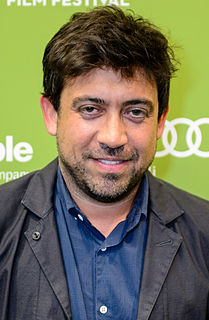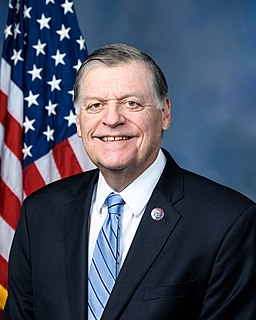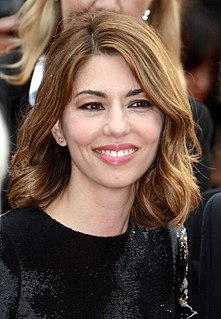A Quote by Gina Prince-Bythewood
'Beyond the Lights' was my fourth film. I gained a lot of knowledge, and I'm excited to share that with young filmmakers because I know how lost I was coming out of film school with that question of 'What's next?'
Related Quotes
I applied [to film school] figuring, "I need to find some structure for myself. I need to find a way to figure out what kind of filmmaker I want to be." And that is what film school provides you with. It'll teach you the basics of how a production works and the technical side of how to put everything together, but you could also learn that by working on film sets.
The two explorers are given fictional names. But as in real life, they travel to the Amazon roughly a generation apart, in the early-to-mid 20th century. In the film, they're both guided by Karamakate, as a young man early in the story and later as an old shaman. He and the outsiders share a desire for knowledge - self knowledge and an understanding of the world around them, says the film's co-screenwriter, Jacques Toulemonde.
My filmmaking education consisted of finding out what filmmakers I liked were watching, then seeing those films. I learned the technical stuff from books and magazines, and with the new technology you can watch entire movies accompanied by audio commentary from the director. You can learn more from John Sturges' audio track on the 'Bad Day at Black Rock' laserdisc than you can in 20 years of film school. Film school is a complete con, because the information is there if you want it.
You know, in an ideal world, people would just be intrigued and go and see a film without knowing anything about it, because that's where you're going to have the most experience of a film, the biggest, the most revelation of a film. But at the same time, I think there are benefits of having seen a trailer where you actually look forward to seeing moments in a film knowing that they're coming up. I don't know which is better.



































